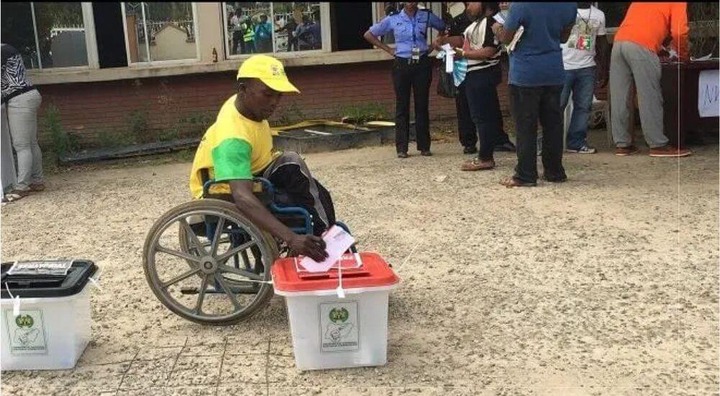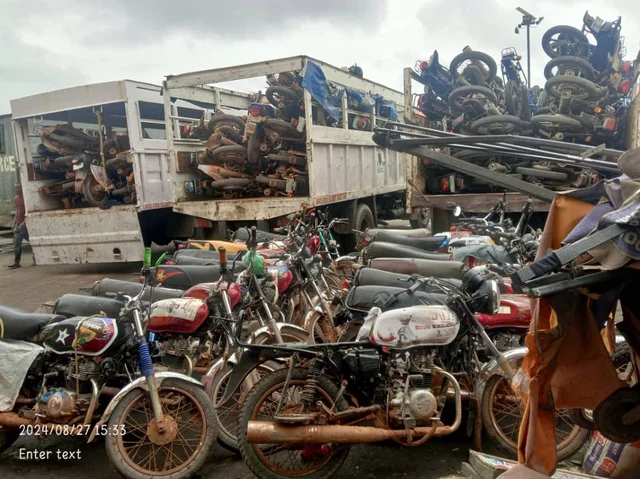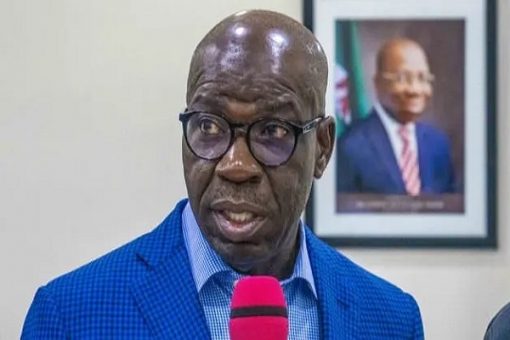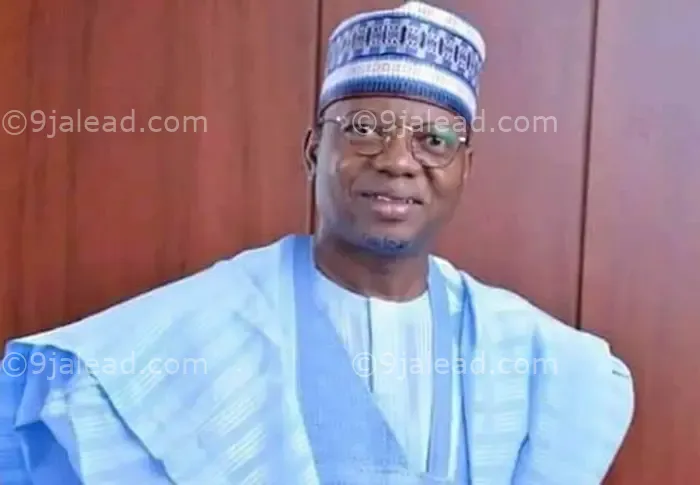Ahead of Saturday’s gubernatorial election in Edo State, People With Disabilities (PWDs), in the state said they would hold the police authority accountable for their safety, particularly in ensuring a safe environment to exercise their franchise across the 4,519 polling units.READ FULL STORY HERE>>>CLICK HERE TO CONTINUE READING>>>...CLICK HERE TO CONTINUE READING.>>
An organisation advocating inclusivity of PWDs, the Inclusive Friends Association (IFA), called on security agencies and the Independent National Electoral Commission (INEC) to give PWDs priority during the polls.
Thank you for reading this post, don't forget to subscribe!Their appeal is coming against the backdrop of concerns related to electoral violence.
The Program Manager, IFA, Stephen Idoko, participated in a stakeholder meeting organised by the INEC featuring the various security agencies, civil society organisations and election observers in the state, related concerns of the PWDs
When violence erupts at polling units, PWDs eligible to vote may be unaware of the situation, and leaving the voting precinct safely is unlikely.
This in itself is likely to affect their participation in voting because if there are security challenges the tendency for PWDs to come out to vote is slim. When cases like violence occur, PWDs are left alone because, in the face of violence, even the caregivers desire safety.
However, we had a conference sometime last week. We invited the commissioner of police in the state; we also invited NSCDC and they all gave assurance of adequate deployment of security personnel across the polling units to ensure that safety for PWDs is upheld.
That alone is an encouragement and we could hold the state commissioner accountable for their safety,” said Idoko.
With nearly 4000 PWDs in the state, Idoko called on all security agencies to prioritise the safety of PWDs, ensuring that they are not subjected to any form of violence or intimidation.
He further demanded that PWDs be attended to first at polling units, as stipulated by the Electoral Act and Security agencies should be trained on how to interface with PWDs.
Similarly, the Inspector-General of Police (IGP), Kayode Egbetokun, has directed police personnel covering the election to prioritise PWDs.
IGP has mandated that special attention be afforded to individuals with disabilities, pregnant women, nursing mothers, aged, and those with mobility challenges, ensuring that polling stations in both urban and rural settings are accessible to all,” a statement by the police read on Friday.
The statement signed by police spokesperson, Muyiwa Adejobi, also noted that the IGP has ordered the restriction of all vehicular movement on roads, waterways, and other forms of transportation from 6 a.m. to 6 p.m. on Election Day
Exceptions will be made for essential services, including accredited media, electoral officials, ambulances, and emergency responders,” the statement said.
The IGP further noted that to maintain the integrity of the electoral process, there is a ban on all security aides and escorts accompanying VIPs to polling booths and collation centres.
In preparation for the election, the IGP has ordered the restriction of all vehicular movement on roads, waterways, and other forms of transportation from 6 a.m. to 6 p.m. on Election Day. Exceptions will be made for essential services, including accredited media, electoral officials, ambulances, and emergency responders.
Unauthorized security personnel and quasi-security outfits are prohibited from operating during the election, and the use of sirens by unauthorized vehicles is strictly forbidden to ensure a calm environment for voters,” the IGP said.
The election, scheduled for Saturday among 16 contenders, three of which are considered top contenders, is expecting no fewer than 2,249,780 voters with their permanent voters card to exercise their franchise.
The three major contenders are the Peoples Democratic Party (PDP) candidate, Asuerinme Ighodalo, the All Progressive Congress (APC) candidate, Monday Okpebholo, and Labour Party (LP) counterpart, Olumide Akpata.
INEC had announced a total number of 2,629,025 registered voters out of which 1,258,964 are female voters (47.89 per cent) and 1,370,061 (52.11 per cent) male.
According to the INEC, 983,133 are youth between ages 18-35; 914,806 are of the middle age group, between ages 36 and 49; 530,244 are elderly between ages 50-69 and 200,842 are categorized as old, from 70 and above.READ FULL STORY HERE>>>CLICK HERE TO CONTINUE READING>>>











